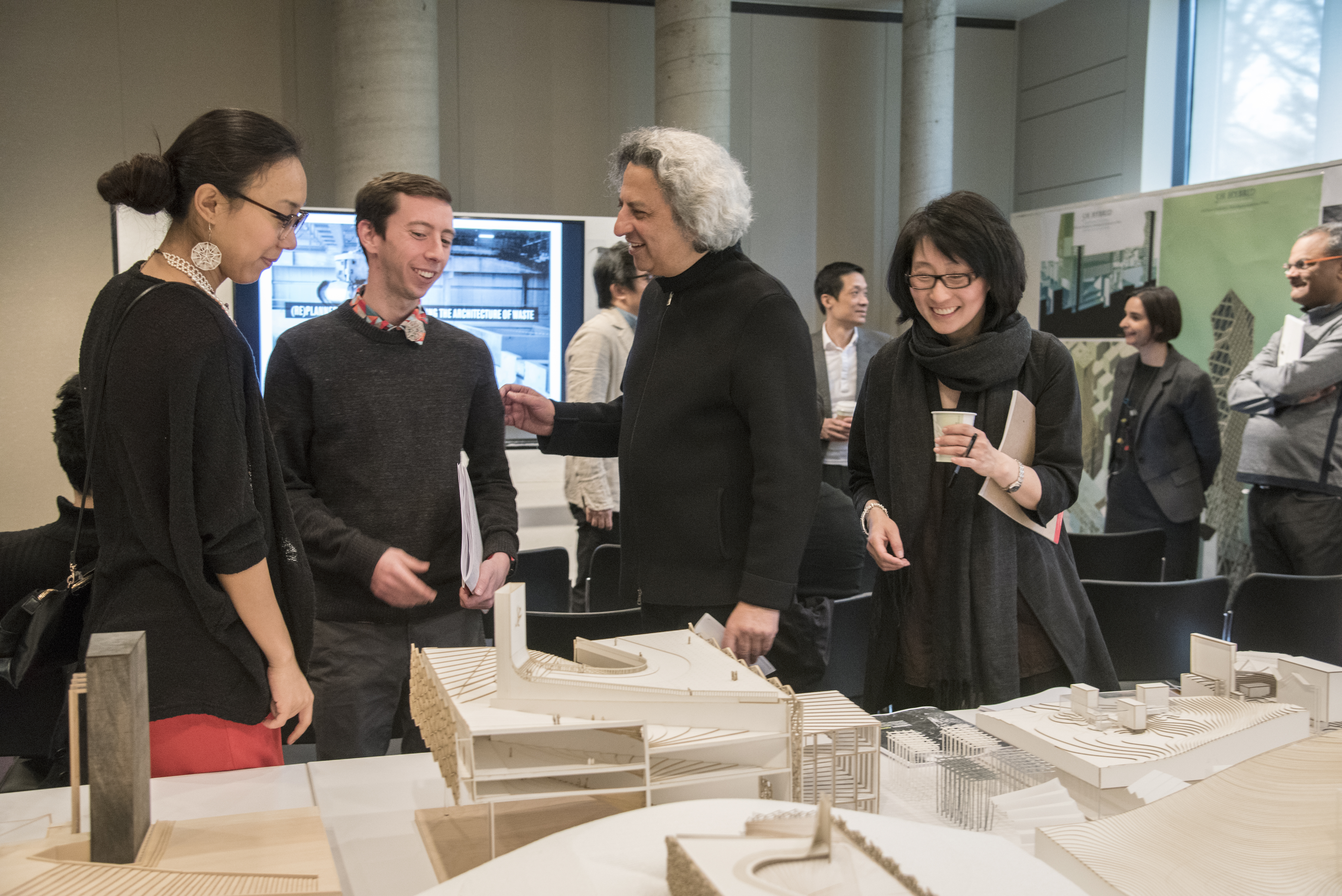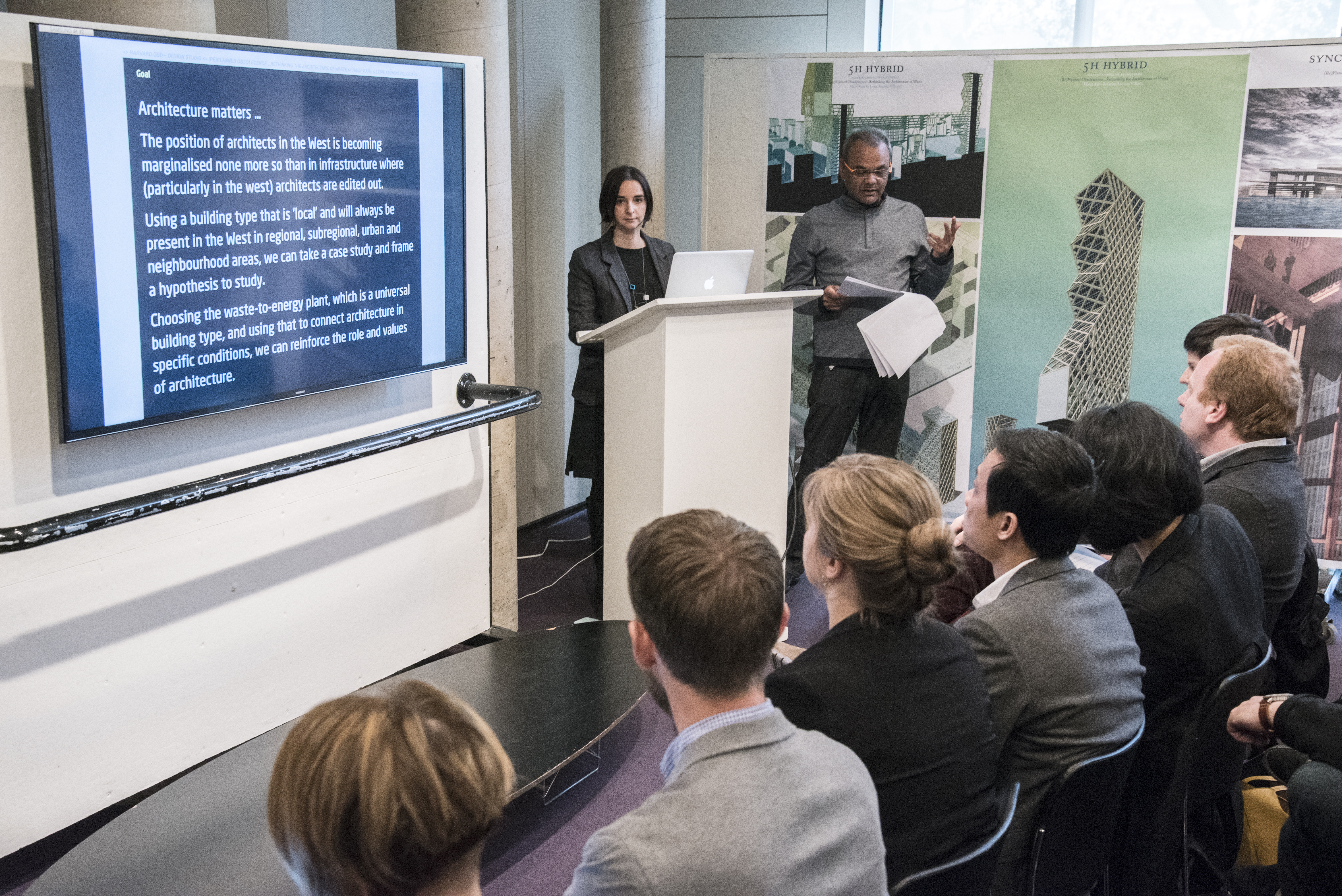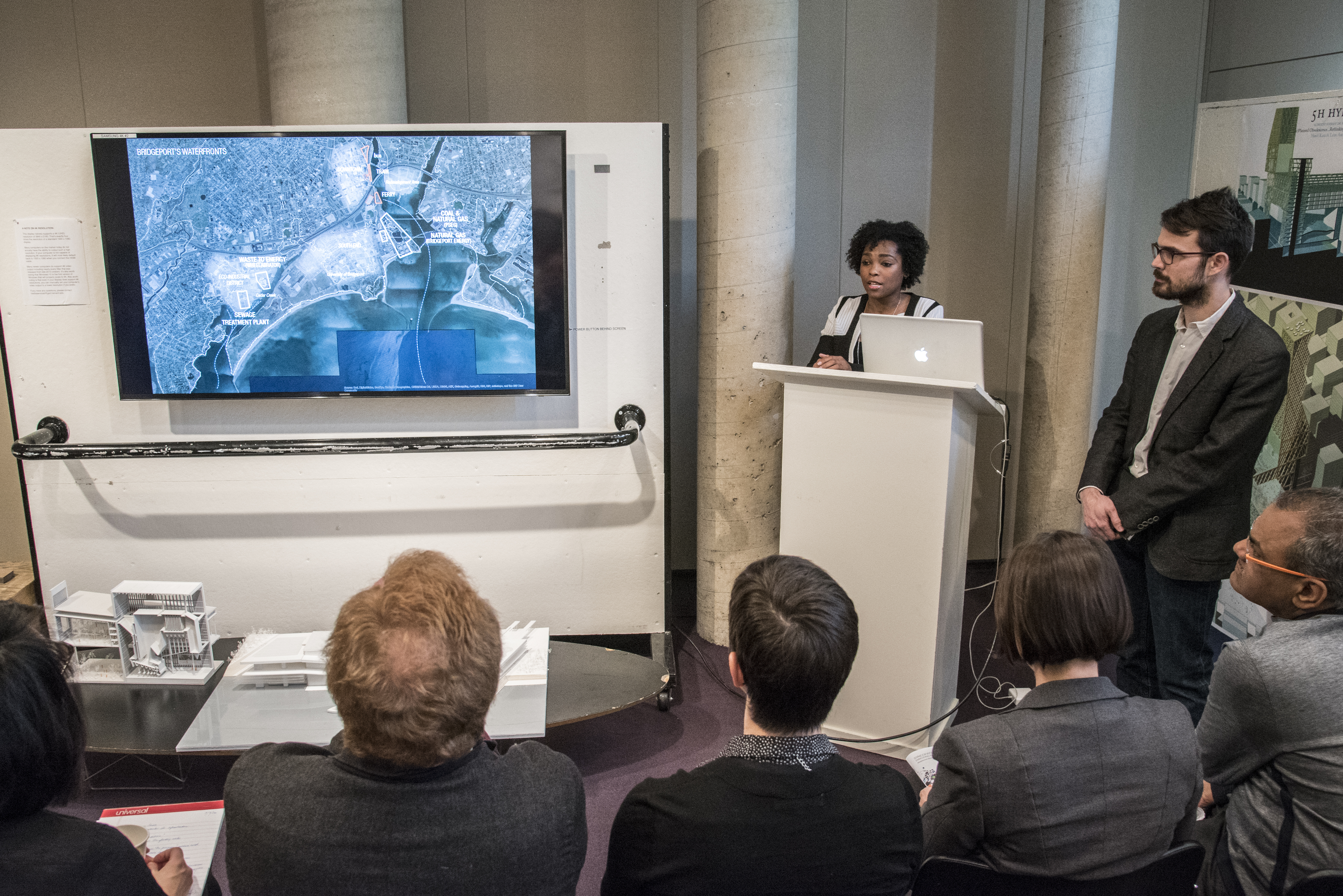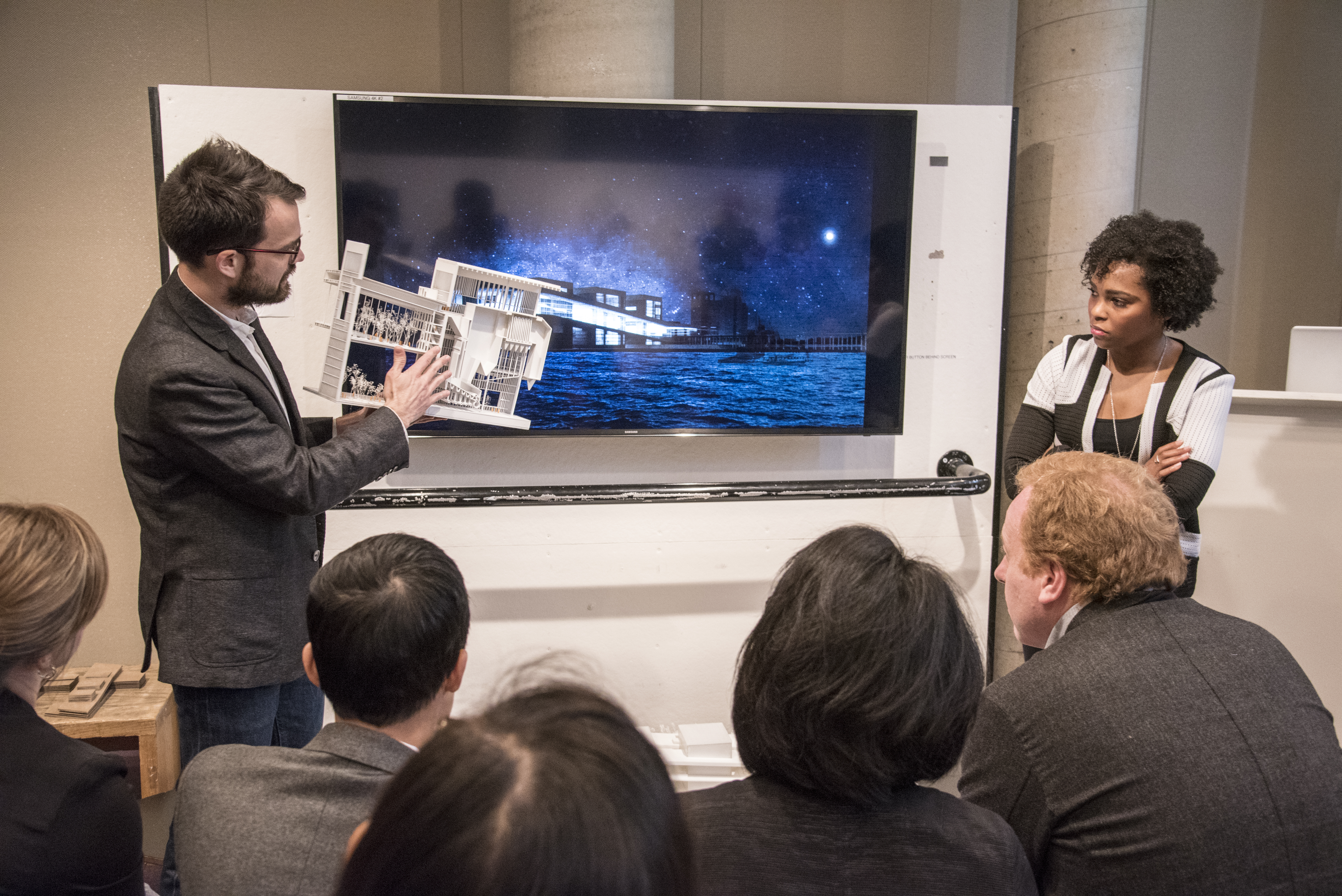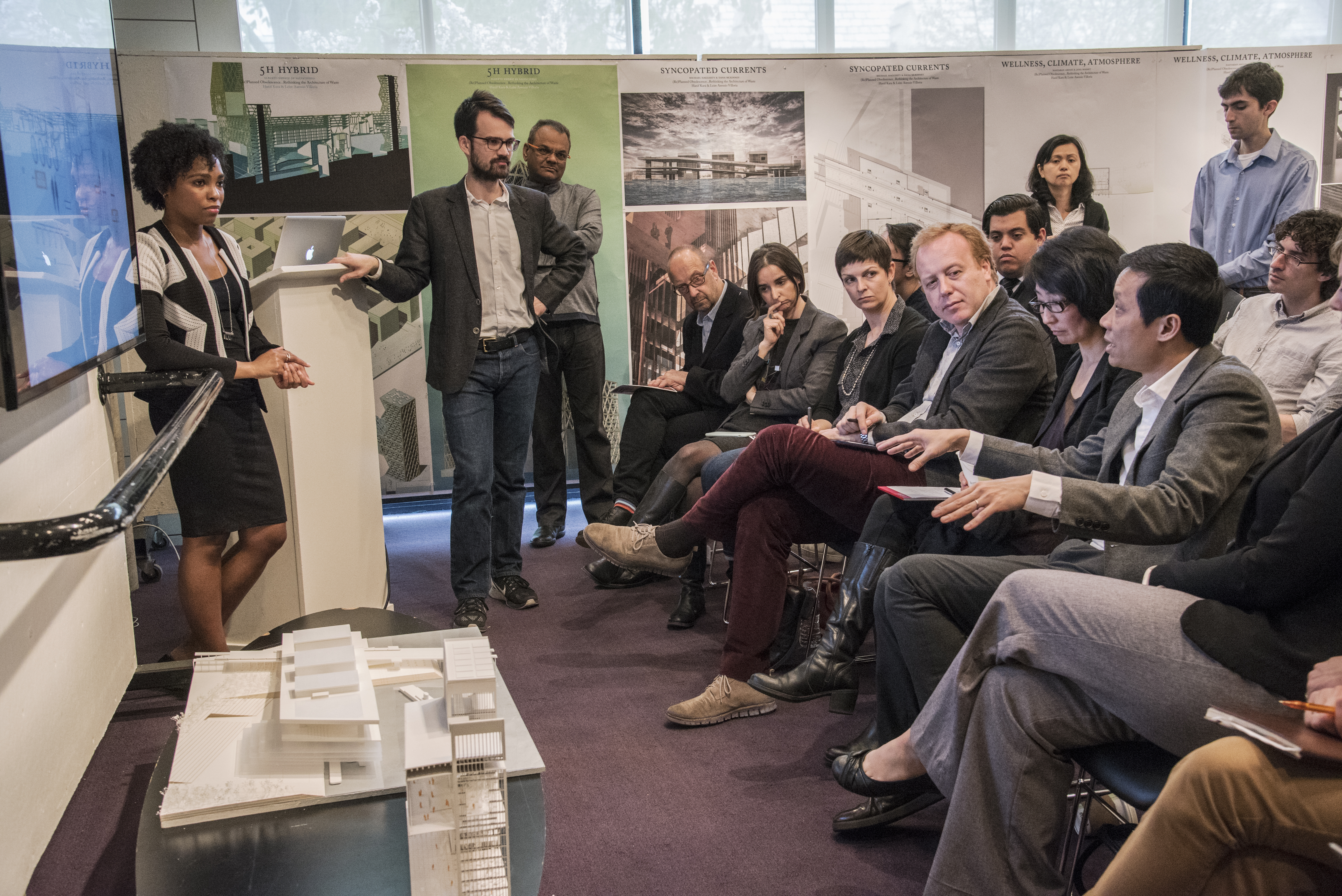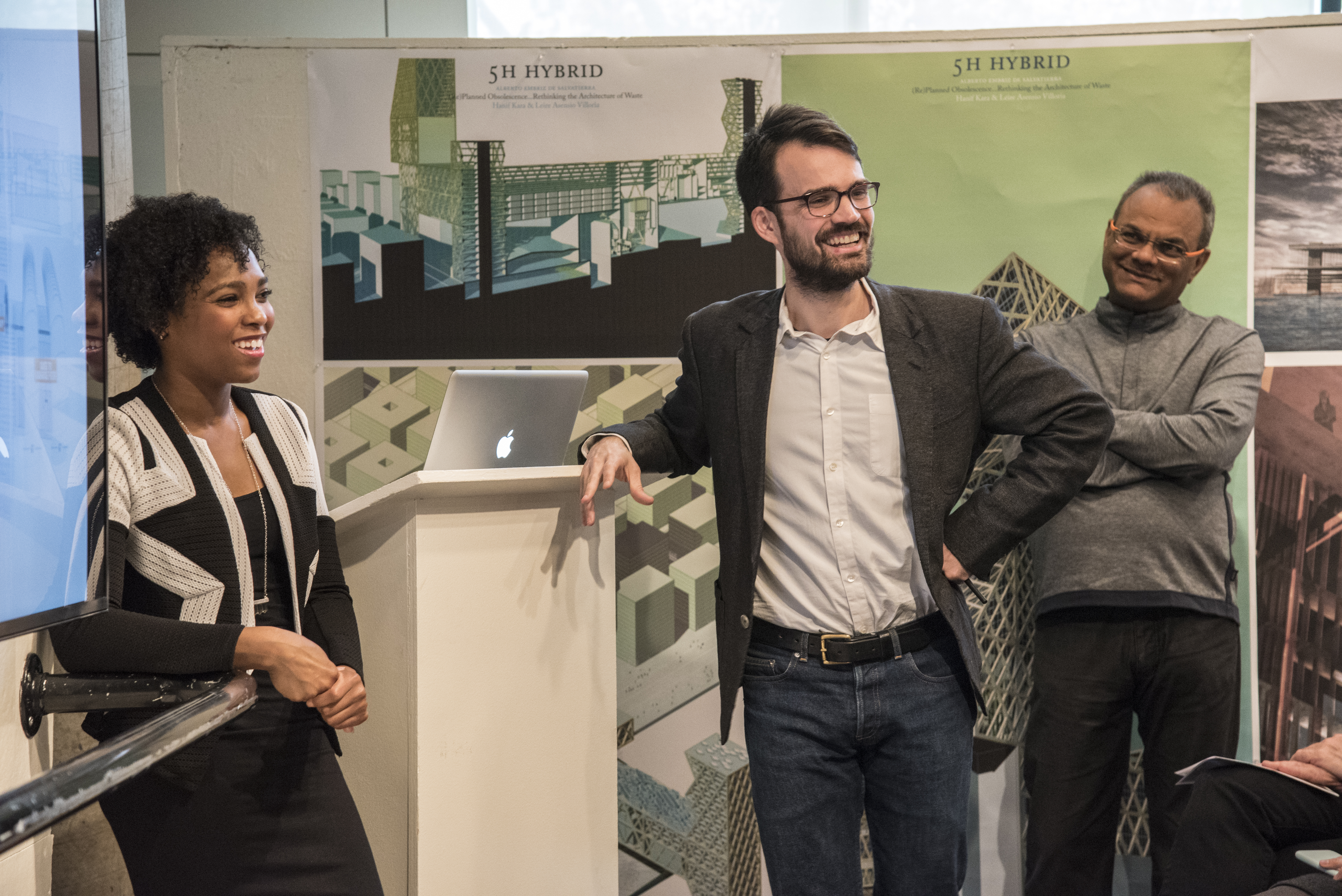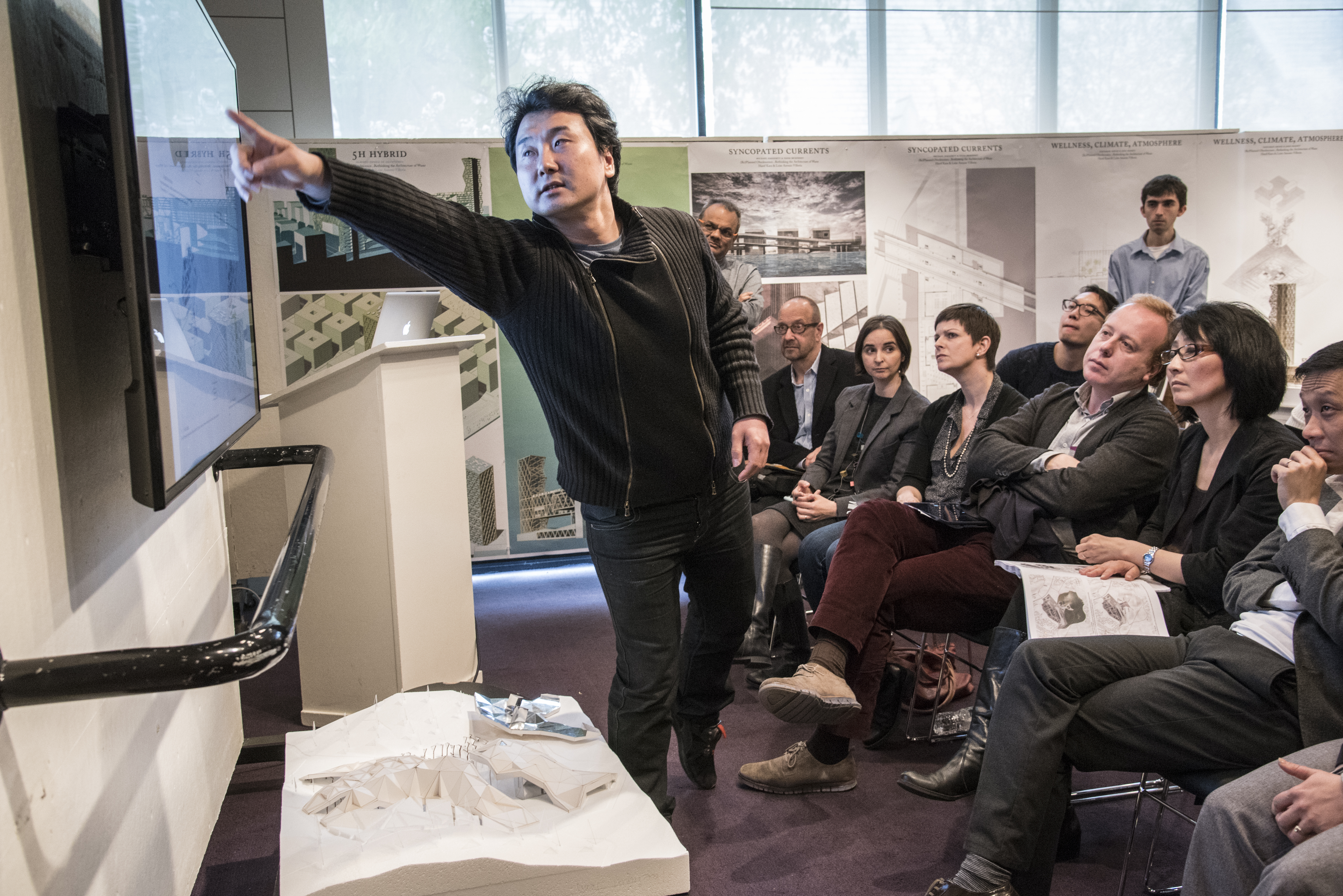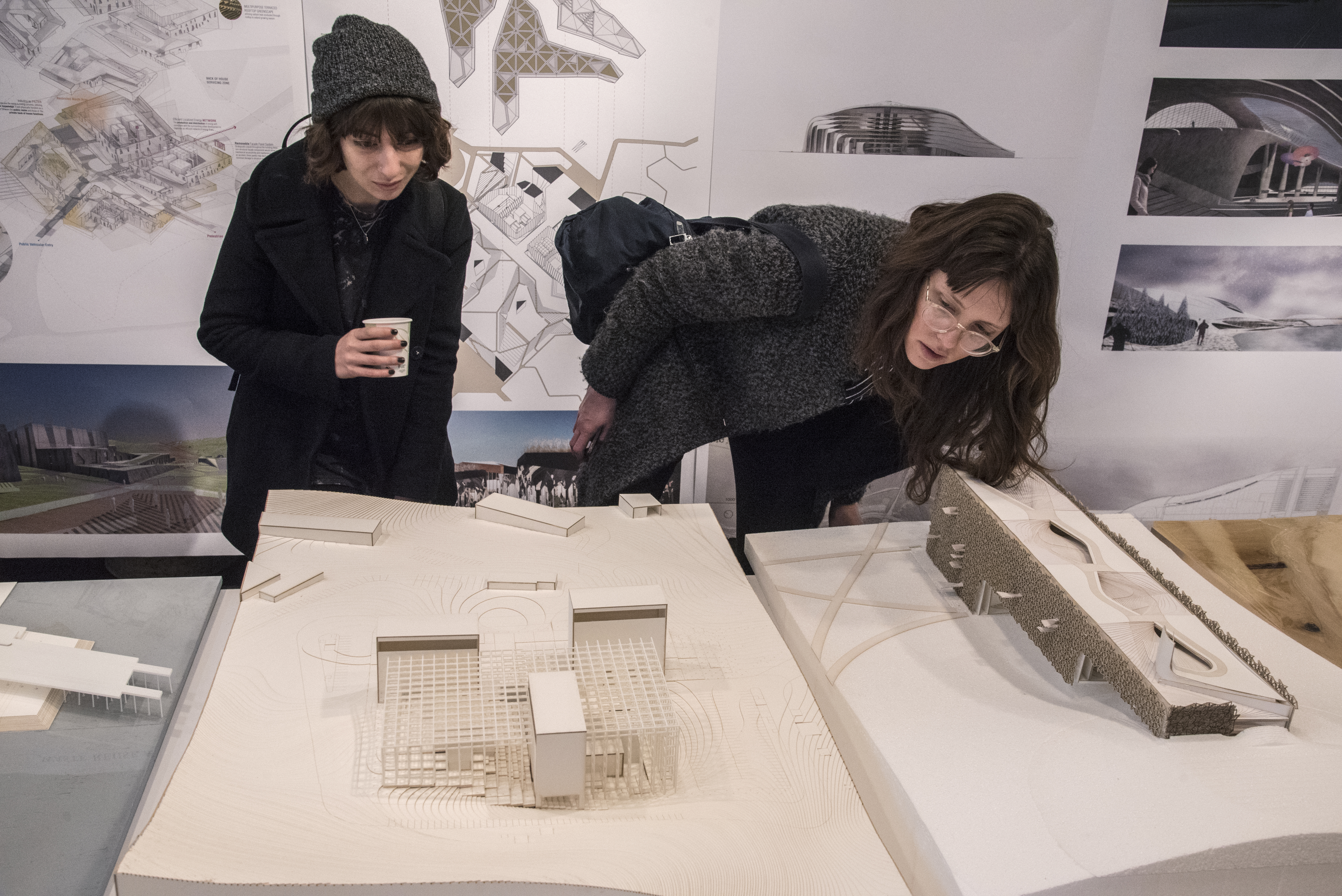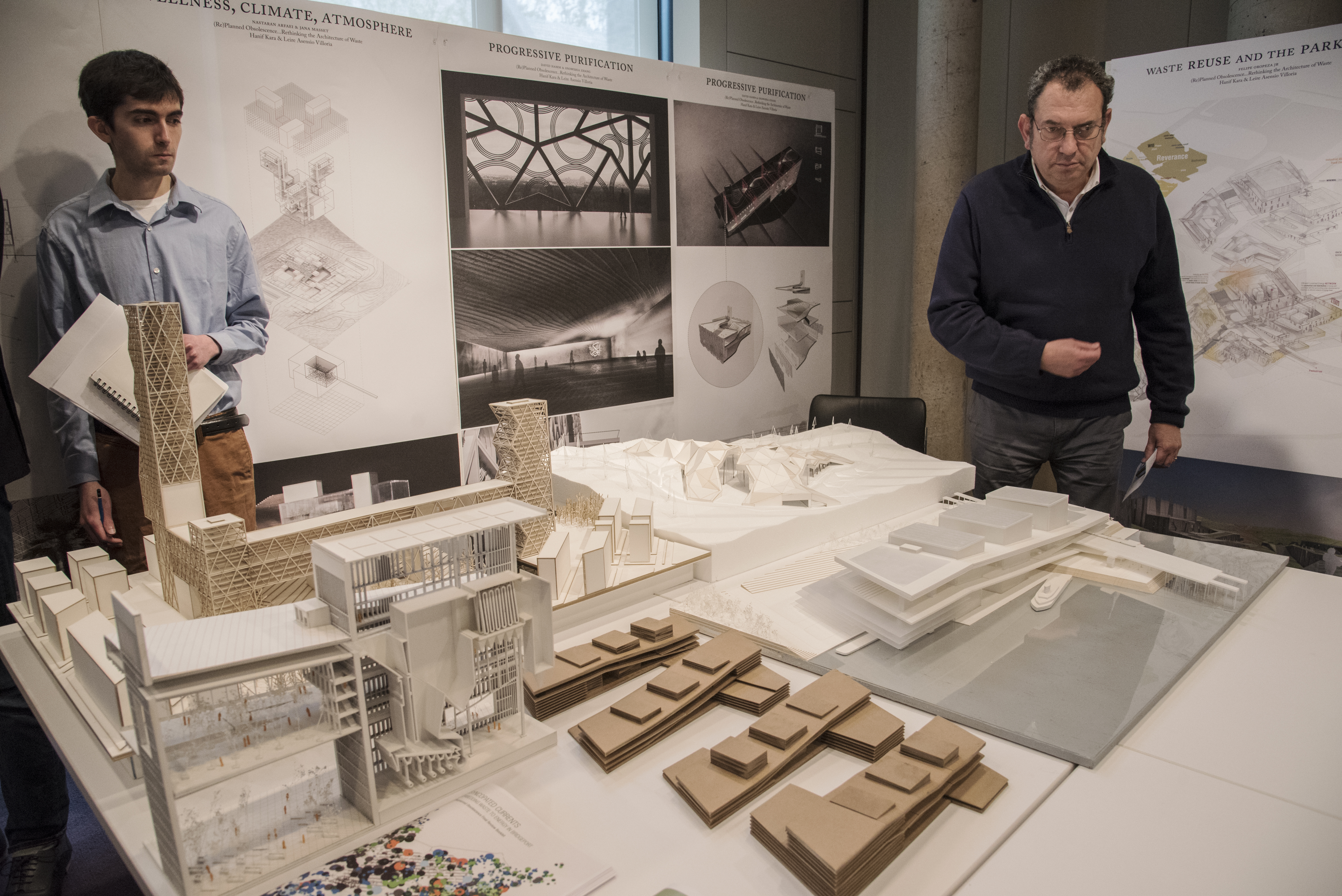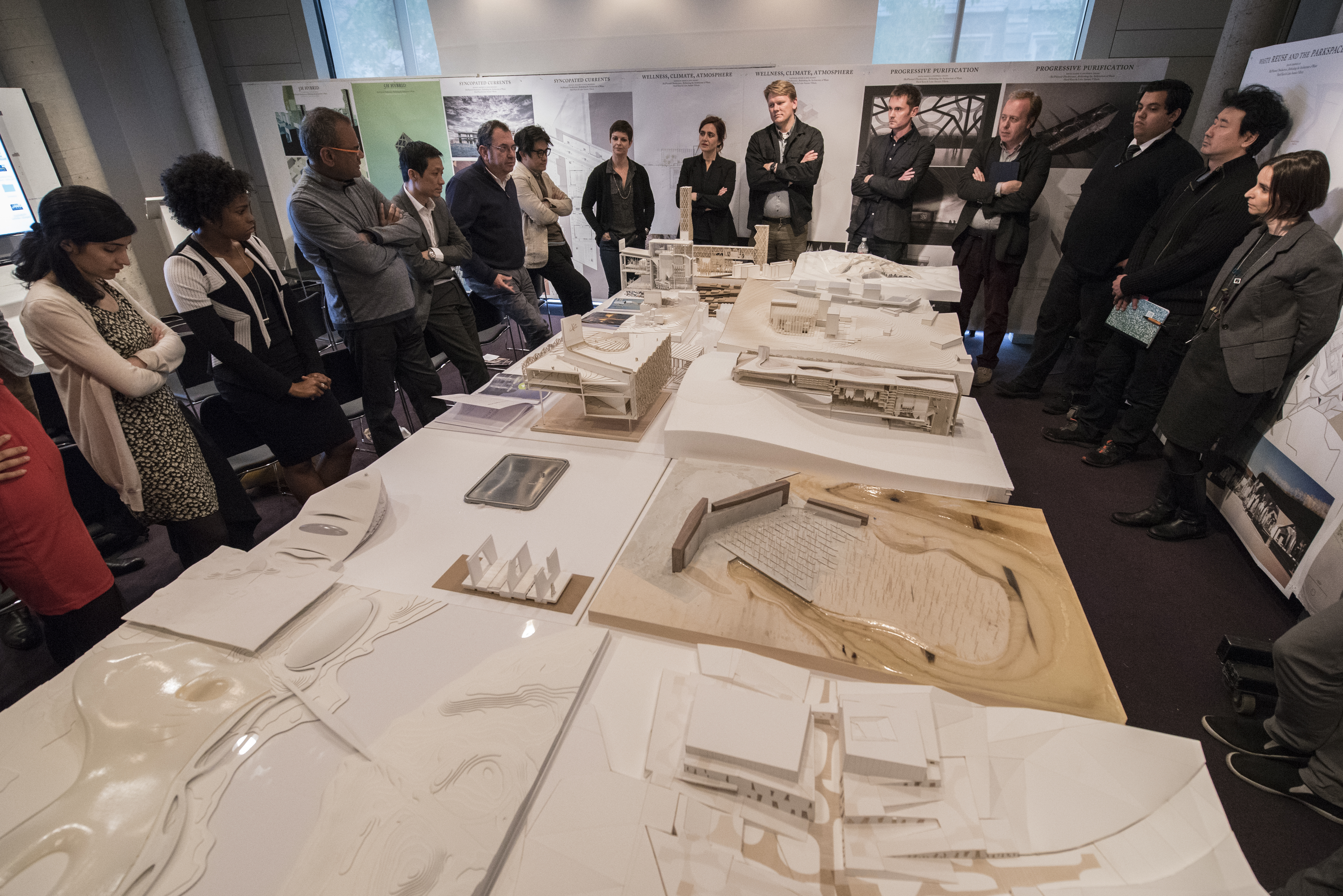Courses offered in The WtE Design Lab:
The Architecture of Waste, Seminar
Fall 2015: Course ADV-09141, The Architecture of Waste Seminar
This seminar proposes to re-engage architects with waste and Waste-to-Energy facilities. Through the study of built and proposed WTE facilities the seminar will propose novel and effective ways to rethink the relationship of architecture, waste and energy production as they operate over a number of time scales— a (re)planned obsolescence. The course will focus specifically on a range of issues associated with these infrastructures, such as their building typologies, the review of contextual drivers and policies, and considered through the lenses of emerging trends in technology and design. Geographic influences, policies and cultural approaches to waste management and the insertion of renewable energy infrastructure in urban or peripheral environments will be studied.
(Re)Planned Obsolescence… ReThinking the Architecture of Waste, Studio
Spring 2016: Course STU 0131600, The Architecture of Waste Studio
Despite the recent emergence of a number of novel industrial buildings, the role of the designer, and specifically the Architect, has been largely absent from this field of design inquiry. This can, in part, be due to the perception of the absence of clearly-defined roles for architecture to play in the formulation of these complex and predominantly technical, buildings. The rare engagement by the design field with the technical and economic constraints as well as ecological challenges surrounding these building types can be explained by a general perception of a lack of scope for design innovation.
As a result of this projected need for integration within existing neighborhoods and environments, the students will be expected to produce design solutions invested in developing hybrid WtE facility types that adopt a new role for these buildings of communicating or connecting with the wider public. There will also be a focus on exploring the possibility of weaving new public or institutional programs with the energy production chain that could be mutually beneficial for the operational practices of these facilities and the wider public constituencies and stakeholders. New typologies and design concepts developed in the studio will offer hybrid WTE building solutions that generate clean energy, contribute to the city’s social and cultural activities, and integrate proven technology solutions with novel approaches towards the organization and design at the building, landscape, neighborhood and/or material scales. The wider aim is for the development of models that utilize this impending design concern as an opportunity to explore and speculate on novel forms of public artifacts and spaces
The studio will engage with four sites in Sweden and the U.S., two countries with differing stages of engagement with wte technologies. More specifically the sites will be located in Bridgeport (CT), Prestton (CT), MälarenergiVästerås (Sweden) and Högdalen (Sweden).



